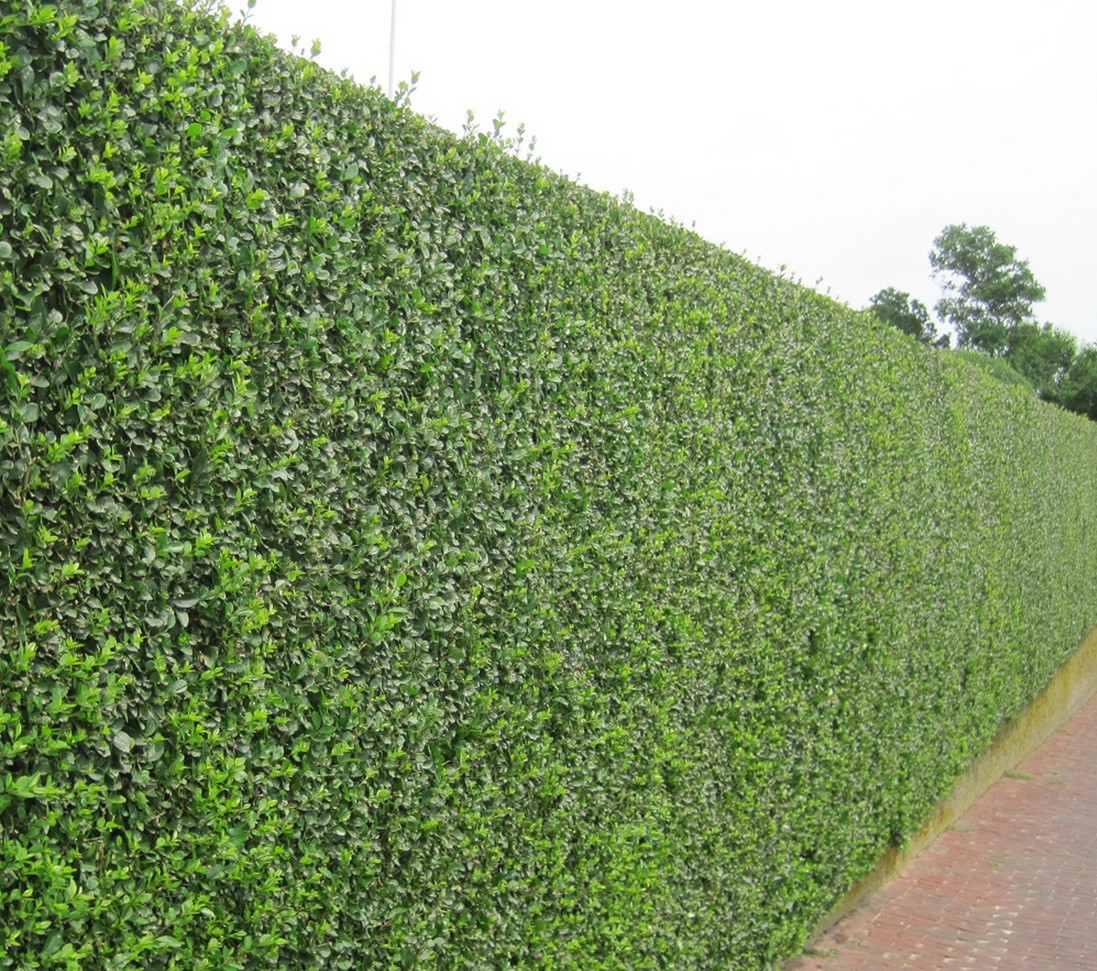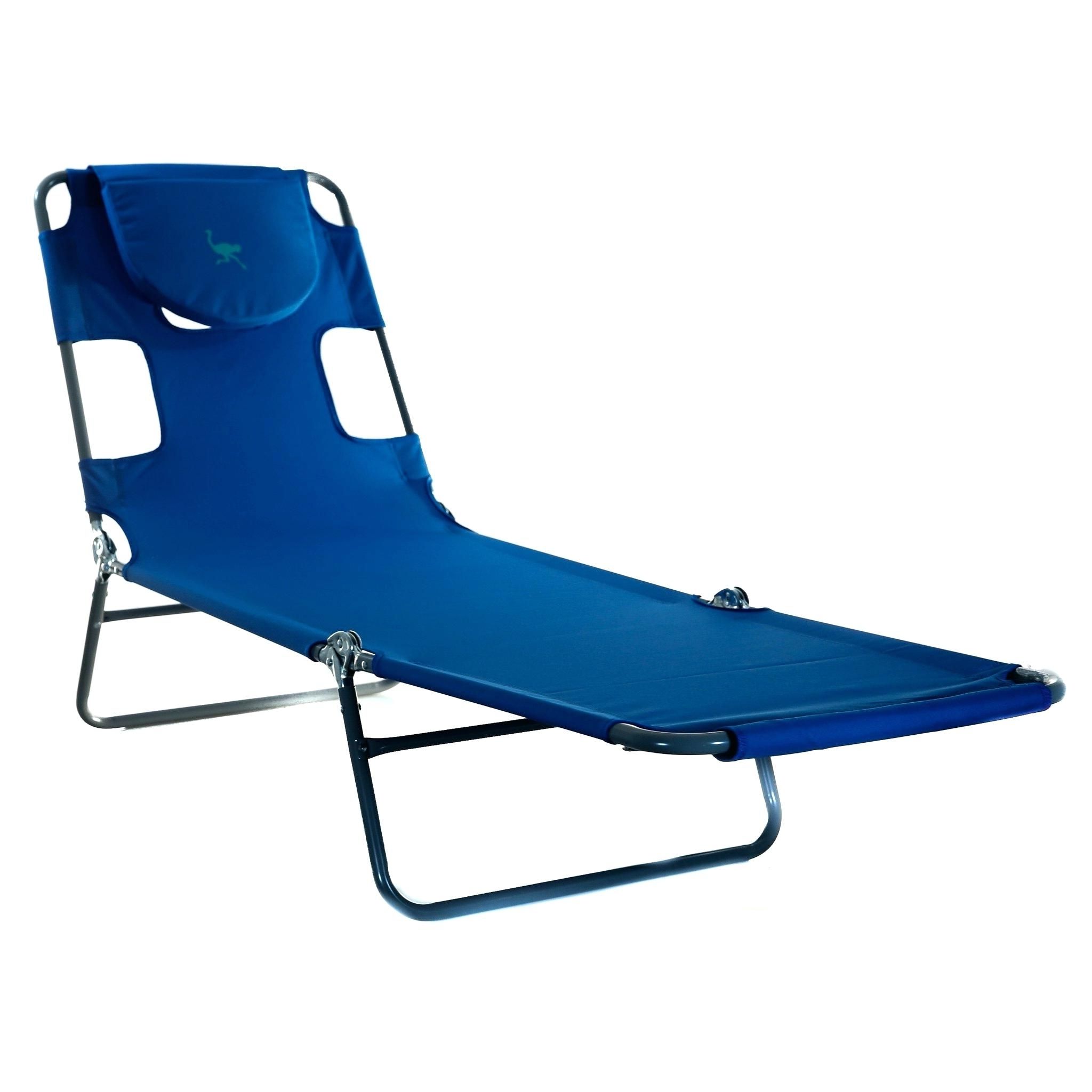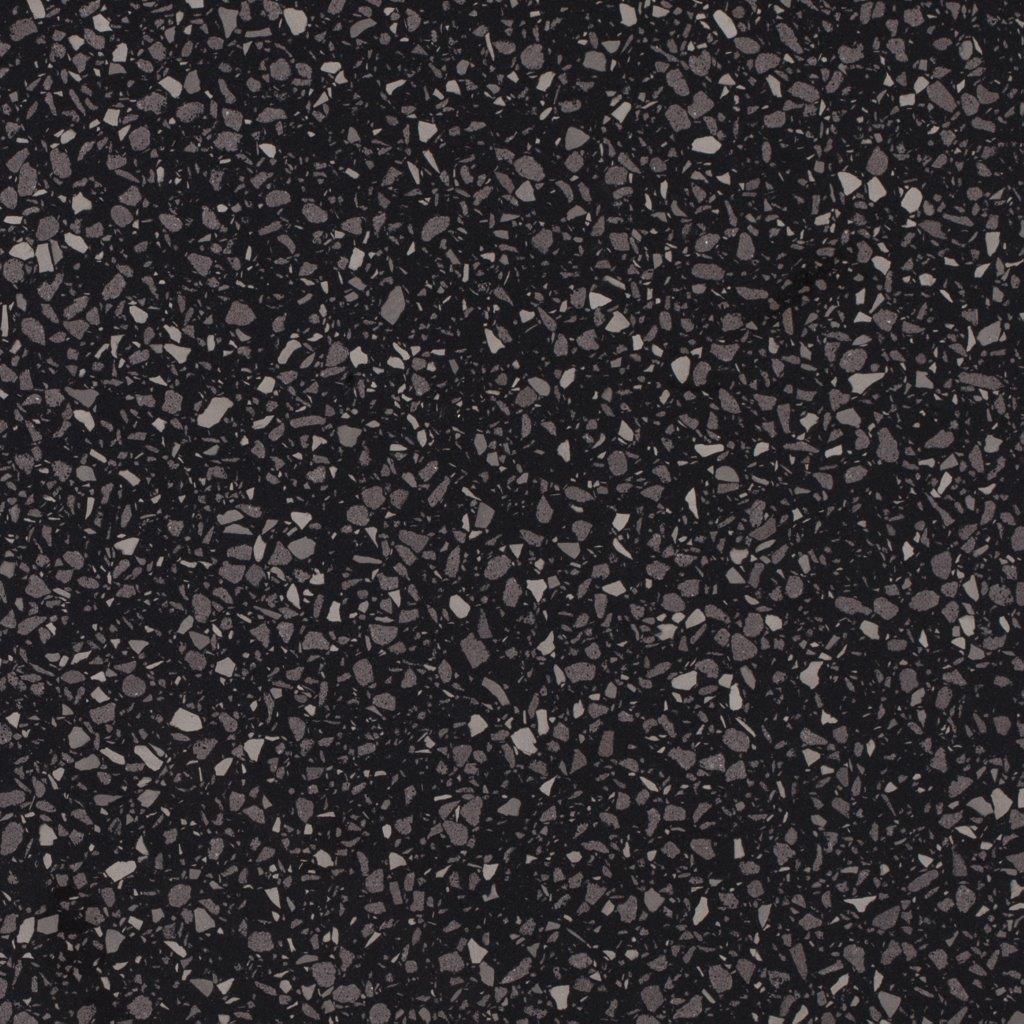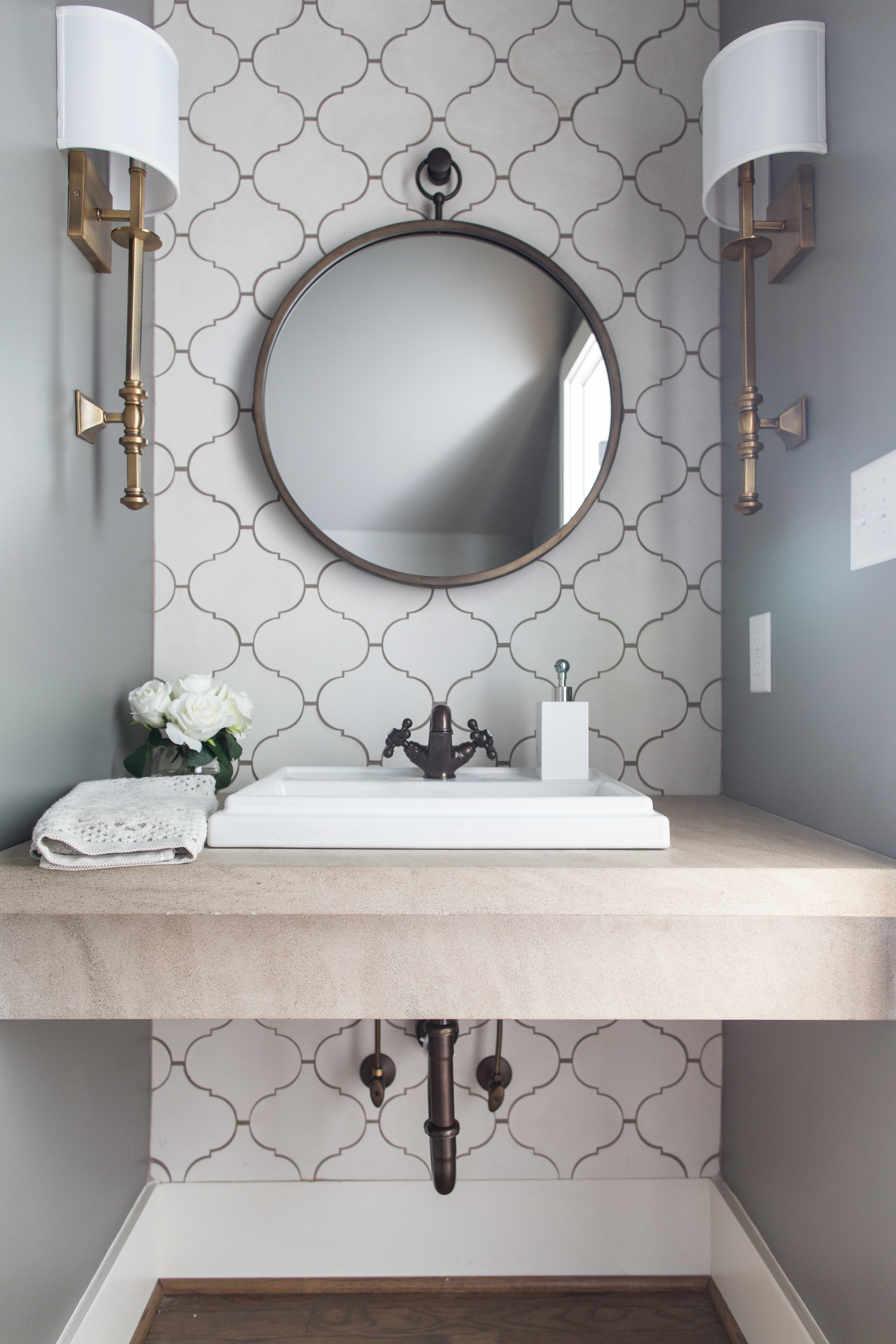You can plant them at the pergola posts, arch or arbor and have a fascinating backyard retreat. Plants have always been used to create shelter, offer privacy or screen out unwanted views, define boundaries and divide the space within.
Good Plants For Screening, When selecting a plant for screening, the first question that comes to mind is how much sunshine the site gets. There are some plants which are suitable for garden screening, spruce is one great choice.

When you use their plant finder, you can enter your hardiness zone, type of plant (tree, shrub, etc) and then under special features, you can select “containers”, “hedge or screen”, etc to narrow your search. Hedges a useful way of using large shrubs as tree substitutes is to clear the lower branches as they grow so that the space underneath is maximised and plants below receive adequate light. Bamboo can be grown in containers, making it a good choice for screening a patio, roof terrace or balcony. Leyland cypress is a popular privacy fence choice.
Hardy native shrub loaded with cream flowers and cinnamon scented leaves.
You can start to plant many spruces in one line to be used as fences. Goldstrike� and �maculata.� this laurel likes moist soil. You can plant them at the pergola posts, arch or arbor and have a fascinating backyard retreat. Hardy native shrub loaded with cream flowers and cinnamon scented leaves. It will have bright green leaves for much of the year, though the foliage will drop during the winter months reducing its utility as a privacy block. Pineapple guava (acca sellowiana) is a good choice for those wanting an attractive flowering shrub that offers the bonus of edible fruit, as well as making an attractive hedge or privacy screen.
 Source: thegardenglove.com
Source: thegardenglove.com
You can start to plant many spruces in one line to be used as fences. The bush cherry (syzygium australe), sometimes marketed as an aussie boomer make fantastic screening plants because they are super fast growing and have a full coverage of leaves to the ground. If you want a bush that is more compact and do not mind waiting.
 Source: lakesideplants.com
Source: lakesideplants.com
Our most popular plants used for screening are: And here are four shrubs to consider for privacy screening: Horsetail grass is one of the most popular ornamental grasses and a good screening plant. Photinias make for a vibrant hedge or screen. Most screen plants grow fine in full sunshine but it’s tougher to find good plants for a shady site.
 Source: homestolove.com.au
Source: homestolove.com.au
�variegata� is a female and requires a male for pollination, to produce red berries. Their new foliage varies between fiery red to bronze and becomes the feature of this plant. If you want a bush that is more compact and do not mind waiting a bit longer, �emerald green� arborvitae is a better option. When you use their plant finder,.
 Source: pinterest.com
Source: pinterest.com
The bright yellow and green alphonse karr is a great screening plant option that responds well to pruning and reaches around 4 metresin melbourne. The bush cherry (syzygium australe), sometimes marketed as an aussie boomer make fantastic screening plants because they are super fast growing and have a full coverage of leaves to the ground. Pineapple guava (acca sellowiana) is.
 Source: centenarylandscaping.com.au
Source: centenarylandscaping.com.au
The bright yellow and green alphonse karr is a great screening plant option that responds well to pruning and reaches around 4 metresin melbourne. Plants that make great hedges respond to pruning by becoming more dense. Leyland cypress is a popular privacy fence choice. It will have bright green leaves for much of the year, though the foliage will drop.
 Source: deavita.net
Source: deavita.net
Goldstrike� and �maculata.� this laurel likes moist soil. Known for their hardiness, bottlebrushes are a popular australian native that can work well as a screening plant. �variegata� is a female and requires a male for pollination, to produce red berries. Our most popular plants used for screening are: Hedges a useful way of using large shrubs as tree substitutes is.

A natural screening plant with yellow fall color, carpinus holds its brown leaves through much of the winter to provide extra privacy. [from exterior worlds] a wall of cypress trees borders a houston patio. Photinias make for a vibrant hedge or screen. Plants that make great hedges respond to pruning by becoming more dense. If you’re looking for a screen.
 Source: amsterdamgreenhouses.com
Source: amsterdamgreenhouses.com
A hedge is most easily made from columnar trees or upright shrubs. Leyland cypress is a popular privacy fence choice. And here are four shrubs to consider for privacy screening: Many of the newer cultivars are smaller and more suited to a neighborhood. Bamboo can be grown in containers, making it a good choice for screening a patio, roof terrace.
 Source: correctlydesign.com
Source: correctlydesign.com
Once the plants have reached your desired height, snip the tops off. A natural screening plant with yellow fall color, carpinus holds its brown leaves through much of the winter to provide extra privacy. A hedge is most easily made from columnar trees or upright shrubs. You can start to plant many spruces in one line to be used as.
 Source: decoist.com
Source: decoist.com
Their new foliage varies between fiery red to bronze and becomes the feature of this plant. Even as an informal hedge they only get to around 2 meters tall by 2 meters wide and create a good front fence screen to minimise road noise and add. The latter usually reaches just 12 to 14 feet tall, with a spread of.
 Source: decoist.com
Source: decoist.com
Many of the newer cultivars are smaller and more suited to a neighborhood. Shrubs for a natural privacy screen. Most screen plants grow fine in full sunshine but it’s tougher to find good plants for a shady site. Depending on the variety, bottlebrushes can grow up to 10 metres high and thrive in most areas. This tree is a standout,.
 Source: siteshade.com.au
Source: siteshade.com.au
If you’re looking for a screen with needle leaves rather than broad leaves, the cypress is a good choice. Because this plant grows tall and narrow, it’s perfect for planting in a row to create a screen, as shown by the patio space below. When selecting a plant for screening, the first question that comes to mind is how much.
 Source: pinterest.ca
Source: pinterest.ca
If you want a bush that is more compact and do not mind waiting a bit longer, �emerald green� arborvitae is a better option. When selecting a plant for screening, the first question that comes to mind is how much sunshine the site gets. Bigger plants reach heights of eight feet and can spread to about five weed wide. A.
 Source: deavita.net
Source: deavita.net
Goldstrike� and �maculata.� this laurel likes moist soil. [from exterior worlds] a wall of cypress trees borders a houston patio. Horsetail grass is one of the most popular ornamental grasses and a good screening plant. Most screen plants grow fine in full sunshine but it’s tougher to find good plants for a shady site. You can learn more about hornbeam.
 Source: pinterest.com.au
Source: pinterest.com.au
If your area is wide enough you may consider making a double or triple row. One bonus is that it blooms with small white flowers in spring, that butterflies flock to. �variegata� is a female and requires a male for pollination, to produce red berries. When selecting a plant for screening, the first question that comes to mind is how.
 Source: greenearth-landscapes.com
Source: greenearth-landscapes.com
The latter usually reaches just 12 to 14 feet tall, with a spread of 3 to 4 feet. Below are my top tips for creating screening and privacy for your contemporary home. Evergreen plants are the most common choice for privacy screens as they do not lose their leaves in the winter. To form a continuous hedge, space plants about.

If you’re looking for a screen with needle leaves rather than broad leaves, the cypress is a good choice. A good choice for large privacy hedges is the fast grower �green giant�, which can reach 50 to 60 feet tall (with a spread of 12 to 20 feet). But, they can be particular about the heat. Shrubs for a natural.
 Source: trexfurniture.com
Source: trexfurniture.com
Bamboo can be grown in containers, making it a good choice for screening a patio, roof terrace or balcony. Known for their hardiness, bottlebrushes are a popular australian native that can work well as a screening plant. Our most popular plants used for screening are: Leyland cypress is a popular privacy fence choice. Multiple rows of escalating heights will provide.
 Source: correctlydesign.com
Source: correctlydesign.com
Photinias make for a vibrant hedge or screen. Our most popular plants used for screening are: A natural screening plant with yellow fall color, carpinus holds its brown leaves through much of the winter to provide extra privacy. If you want a bush that is more compact and do not mind waiting a bit longer, �emerald green� arborvitae is a.
 Source: correctlydesign.com
Source: correctlydesign.com
Bigger plants reach heights of eight feet and can spread to about five weed wide. �variegata� is a female and requires a male for pollination, to produce red berries. Most screen plants grow fine in full sunshine but it’s tougher to find good plants for a shady site. Bamboo can be grown in containers, making it a good choice for.
 Source: blessmyweeds.com
Source: blessmyweeds.com
One bonus is that it blooms with small white flowers in spring, that butterflies flock to. Plants that make great hedges respond to pruning by becoming more dense. Bamboo can be grown in containers, making it a good choice for screening a patio, roof terrace or balcony. Adorned with big white egg like flowers in autumn and winter. The bush.
 Source: gardeningknowhow.com
Source: gardeningknowhow.com
The latter usually reaches just 12 to 14 feet tall, with a spread of 3 to 4 feet. In fall, the plant attracts birds to its fruit. �variegata� is a female and requires a male for pollination, to produce red berries. Hornbeam (carpinus betulus) is a very popular choice for screening and hedging. Magnolias are coveted for their big, showy.
 Source: thewest.com.au
Source: thewest.com.au
If your area is wide enough you may consider making a double or triple row. Even as an informal hedge they only get to around 2 meters tall by 2 meters wide and create a good front fence screen to minimise road noise and add. For the best results, plant in full sun, but generally appreciates some light afternoon shade.
 Source: truesdalelandscaping.com
Source: truesdalelandscaping.com
Below are my top tips for creating screening and privacy for your contemporary home. You can learn more about hornbeam hedges here. One bonus is that it blooms with small white flowers in spring, that butterflies flock to. �variegata� is a female and requires a male for pollination, to produce red berries. Goldstrike� and �maculata.� this laurel likes moist soil.
 Source: decoist.com
Source: decoist.com
Evergreen plants are the most common choice for privacy screens as they do not lose their leaves in the winter. [from exterior worlds] a wall of cypress trees borders a houston patio. The bright yellow and green alphonse karr is a great screening plant option that responds well to pruning and reaches around 4 metresin melbourne. �variegata� is a female.








